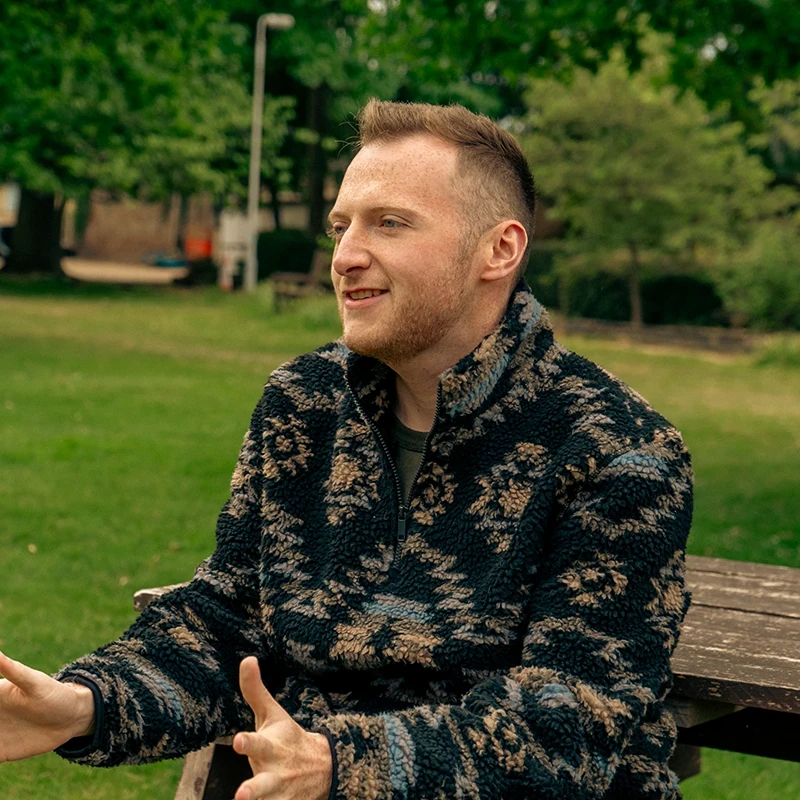Assessment
Written assignments comprise the majority of assessments for the Certificate, Diploma and MA in Theology, Ministry and Mission, and most of these are essays, but they also include other written assessments like reflective journals and book reviews. Students may also have some oral presentations.
Requirements
Academic requirements
For all postgraduate courses:
Normally a 2:1 honours degree in a subject relevant to the proposed course of study.
Normally students will need a good degree (or other Level 6 qualification, such as a Graduate Diploma) in Theology.
Graduates (classed as first-class or 2:1 honours) in other disciplines with experience of Theology or Religious Studies to at least FHEQ Level 4 (undergraduate Certificate level, awarded with credit or distinction, or with an overall mark of at least 60%) may also be admitted to the programme.
However, especially for mature students (those aged 25 and over) prior professional experience will be taken into account as well as educational qualifications.
Given its professional development orientation, students are likely to be preparing for a ministerial or related vocation or be actively engaged in such a ministry.
Click here to look at equivalent entry requirements.
English Language requirements
Applicants whose first language is not English must satisfy the College that they have a sufficient command of spoken and written English to meet the demands of their chosen programme. IELTS Academic or equivalent is therefore required at 7.0 overall with no less than 6.5 in any component.
You can find out more about equivalent qualifications, along with details of any exceptions, here.
International students
Students need the right to study in the UK for our postgraduate programmes.
Students may potentially study the PGCert in one semester on a visitor visa.
Oak Hill College is not on the UK government’s Register of Licensed Sponsors and so is unable to sponsor migrants under the Student route of the points-based immigration system. The College therefore cannot accept applications from individuals who need a student visa in order to study in the UK.
Find out more here or within our Admissions Policy.
Key dates
Applications for September 2026 entry for postgraduate programmes will open in early 2026.
Closing date for APL and non-standard applications - Friday 15 May 2026 (12 noon)
Closing date for standard applications - Friday 29 May 2026 (12 noon)
Fees
2025/26 fees payable for each year
£10,850 full time
£5,200 part time
